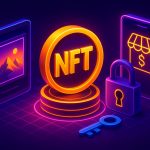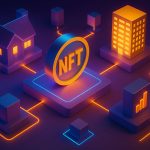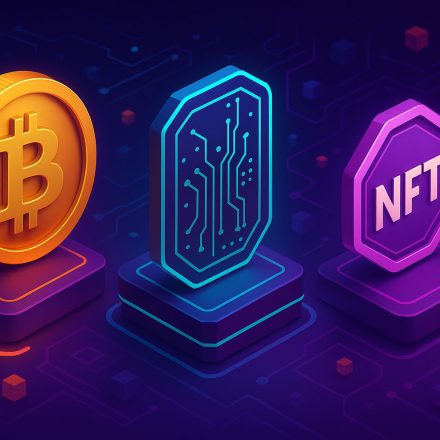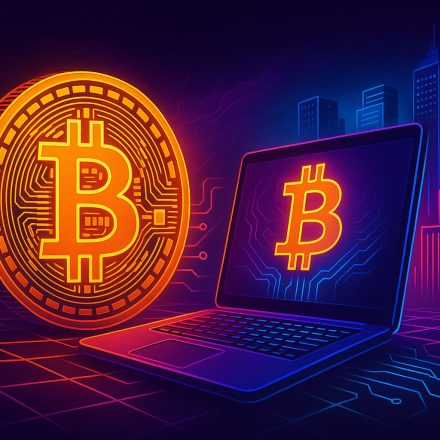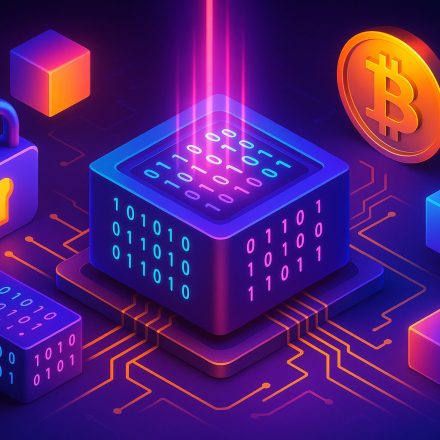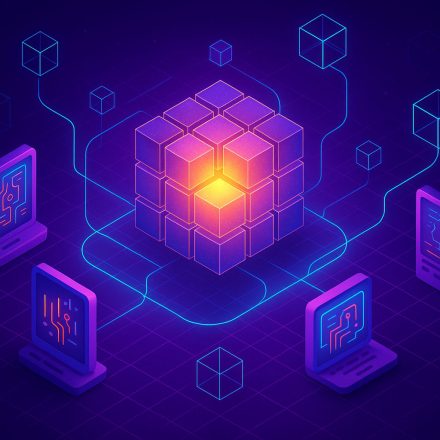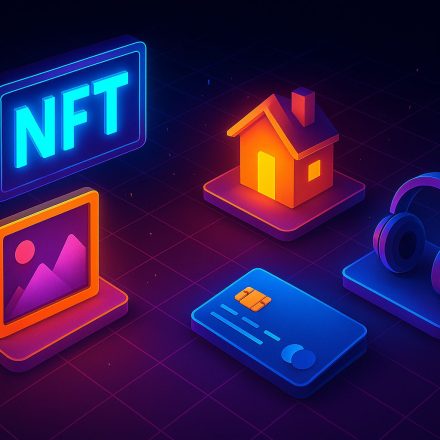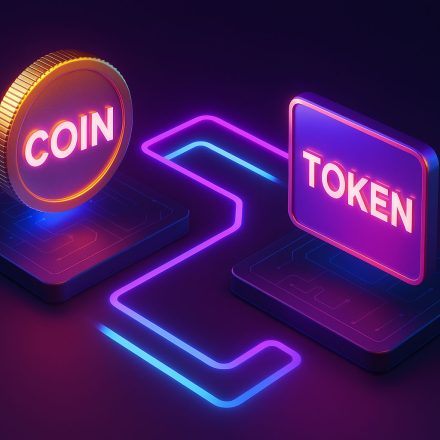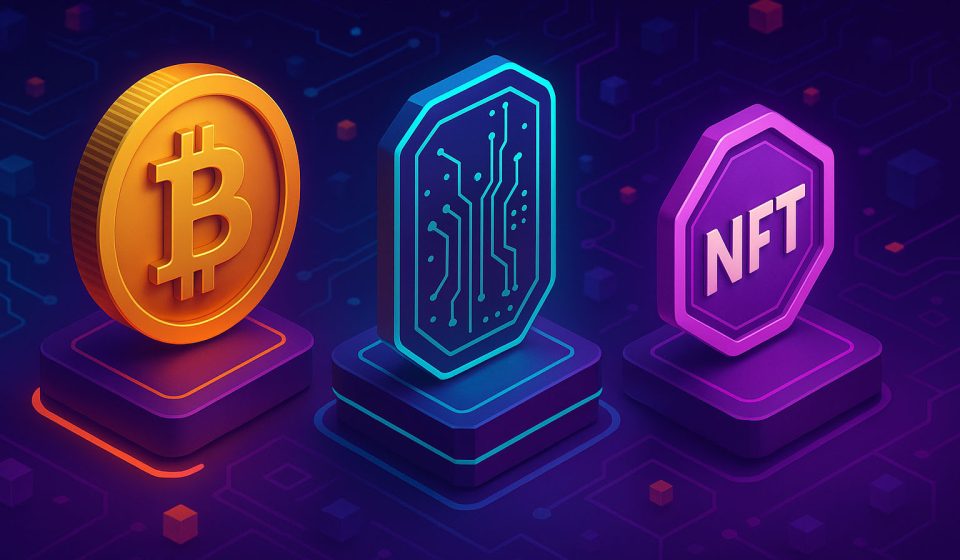
🪙 Understanding Tokens: Coin vs Token vs NFT — What’s the Difference?
Understanding tokens: coin vs token vs NFT is key for anyone starting out in crypto. While these terms are often used interchangeably, they refer to very different concepts — and knowing the difference can help you better navigate wallets, exchanges, dApps, and investments.
Table Of Content
- 🔍 What Are Crypto Tokens?
- 🪙 What Is a Coin in Crypto?
- Examples
- What coins are used for
- 🎟️ What Is a Token in Crypto?
- Examples of Tokens
- Token categories
- 🎨 What Makes NFTs Different from Coins and Tokens?
- NFT Use Cases
- 🧩 Use Cases: Coin vs Token vs NFT
- 🧐 Which One Should You Use or Invest In?
- For investors
- 🎯 Final Thoughts on Understanding Tokens
- 🔗 Learn More About Crypto Fundamentals
This article breaks down what crypto tokens are, how they differ from coins, and where NFTs fit into the picture.
🔍 What Are Crypto Tokens?
Tokens are digital assets that represent value or utility on a blockchain. While all coins are technically tokens, not all tokens are coins.
Tokens can serve a variety of purposes:
- Represent ownership
- Provide access to a service or dApp
- Act as governance voting rights
- Represent digital or physical assets (like art or real estate)
Tokens exist on top of an existing blockchain — they don’t have their own blockchain.
🪙 What Is a Coin in Crypto?
A coin is a cryptocurrency that operates on its own native blockchain.
Examples:
- Bitcoin (BTC) runs on the Bitcoin blockchain
- Ether (ETH) runs on the Ethereum blockchain
- BNB runs on the Binance Smart Chain
What coins are used for:
- Peer-to-peer payments
- Gas/transaction fees
- Store of value
- Network security (staking or mining)
Coins are generally the main currency of a blockchain network.
🎟️ What Is a Token in Crypto?
Tokens are built on top of another blockchain using smart contracts. The most common standard is ERC-20 tokens on Ethereum.
Examples of Tokens:
- USDT (Tether) — a stablecoin on Ethereum
- UNI — governance token for Uniswap
- LINK — used in Chainlink oracles
- MATIC (Polygon) — started as an ERC-20 token before launching its own chain
Token categories:
| Type | Purpose |
|---|---|
| Utility Token | Access dApps or features (e.g., BAT) |
| Governance | Voting on protocol changes (e.g., COMP) |
| Stablecoin | Pegged to fiat (e.g., USDC) |
| Security | Tokenized equity (subject to regulation) |
🎨 What Makes NFTs Different from Coins and Tokens?
NFT stands for Non-Fungible Token. Unlike regular tokens and coins, NFTs are unique and indivisible.
Where coins and tokens are interchangeable (1 ETH = 1 ETH), NFTs represent one-of-a-kind assets.
NFT Use Cases:
- Digital art (e.g., CryptoPunks, Bored Apes)
- In-game items and skins
- Real estate titles
- Music and video files
- Event tickets and memberships
NFTs typically follow standards like ERC-721 or ERC-1155 on Ethereum.
🧩 Use Cases: Coin vs Token vs NFT
| Category | Use Case Examples |
|---|---|
| Coin | Payments, staking, gas fees (BTC, ETH) |
| Token | Access, governance, stablecoins (USDT, UNI) |
| NFT | Art, gaming, proof of ownership (CryptoKitties, Axie) |
🧐 Which One Should You Use or Invest In?
- Use Coins if you need to pay fees, send funds, or secure a network
- Use Tokens to access DeFi, vote, or interact with dApps
- Use NFTs for unique assets, collectibles, or identity
For investors:
- Coins are typically less volatile
- Tokens can offer utility or governance perks
- NFTs are high-risk, high-reward and driven by scarcity
Always DYOR (do your own research) and use trusted platforms with audited contracts.
🎯 Final Thoughts on Understanding Tokens
Understanding tokens: coin vs token vs NFT is crucial to truly participating in crypto. These aren’t just tech terms — they represent different layers of functionality and opportunity across the blockchain ecosystem.
Whether you’re buying Bitcoin, trading on Uniswap, or collecting NFTs, knowing the difference gives you the power to use these tools effectively — and securely.
🔗 Learn More About Crypto Fundamentals
- Explore Cryptocurrency Fundamentals
- Compare token standards on ethereum.org




